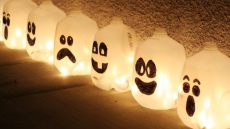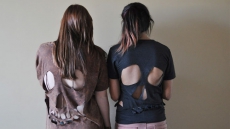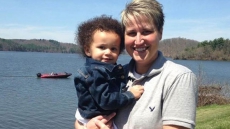Do you know why you never miss the road that leads to your girlfriend's house? Give credit to your brain's mental compass.
The brain has a complex system for keeping track of which direction you are facing as you move about, say researchers, adding that people use geometrical relationships to orient themselves.
To test how the brain makes these inferences, the researchers designed an experiment in which they introduced participants to a virtual environment - a set of four museums in a park.
They asked the participants to memorise the location of the everyday objects on display in those museums.
They then scanned their brains while asking them to recall the spatial relationships between those objects.
In the scans, the team focused on a brain region known as the retrosplenial complex.
“The retrosplenial complex is very much underexplored. There are three ways the retrosplenial complex could conceivably encode this type of information and serve as part of a mental compass,” explained Russell Epstein, professor of psychology in University of Pennsylvania's school of arts and sciences.
One way would be a “global” system in which the brain tracks the absolute direction one is facing regardless of visual cues in the environment.
An “idiosyncratic” system, in which the brain keeps tracks of direction for each environment independently, was another possibility.
Finally, researchers considered a “geometric” system that is based on more generalised relationships between features in an environment.
“There, remembering that your desk is on the north wall of your office would involve recalling the relationship between the desk and the door - say, the desk is on the left when I enter the room - without having to specifically recall the room itself,” Epstein pointed out.
The research, which is related to the work that won this year’s Nobel Prize in Physiology or Medicine, adds new dimensions to our understanding of spatial memory and how it helps us to build memories of events, the study concluded.
The paper appeared in the journal Nature Neuroscience.





